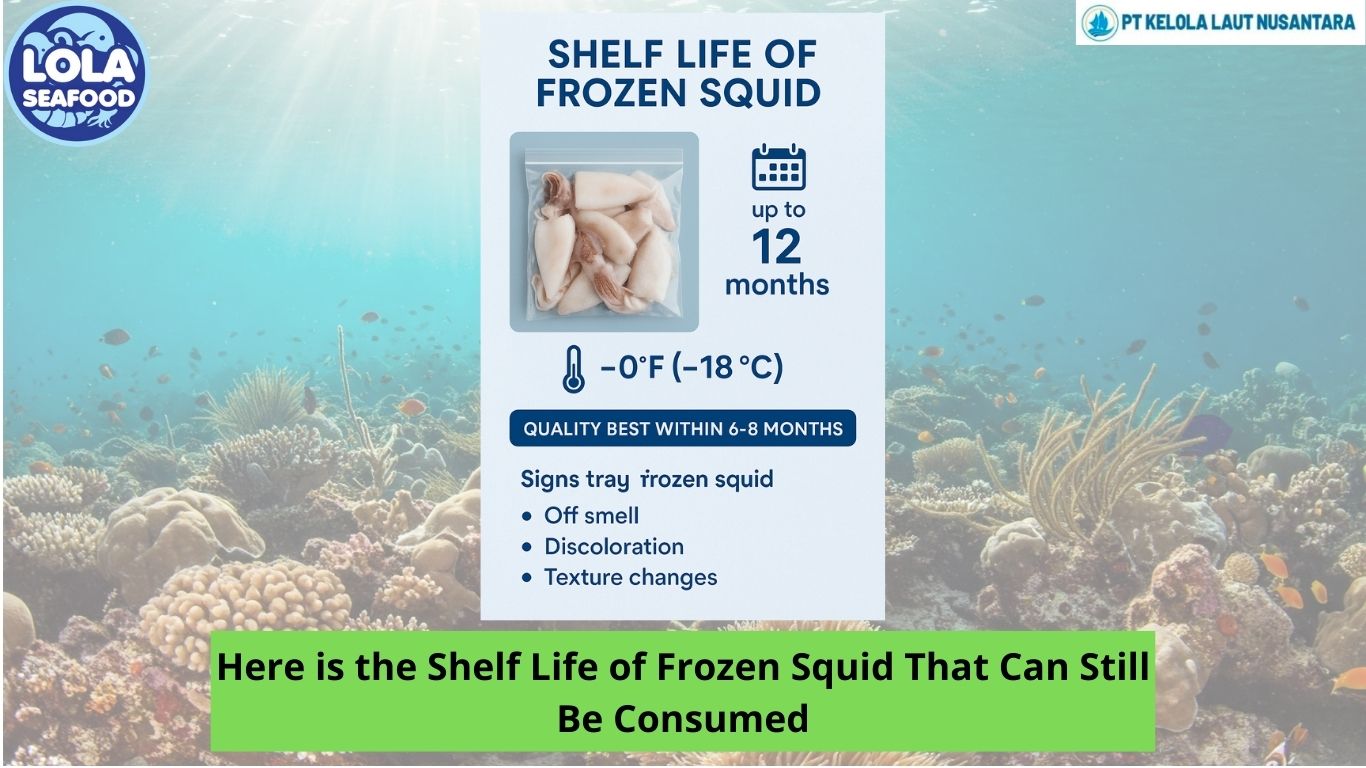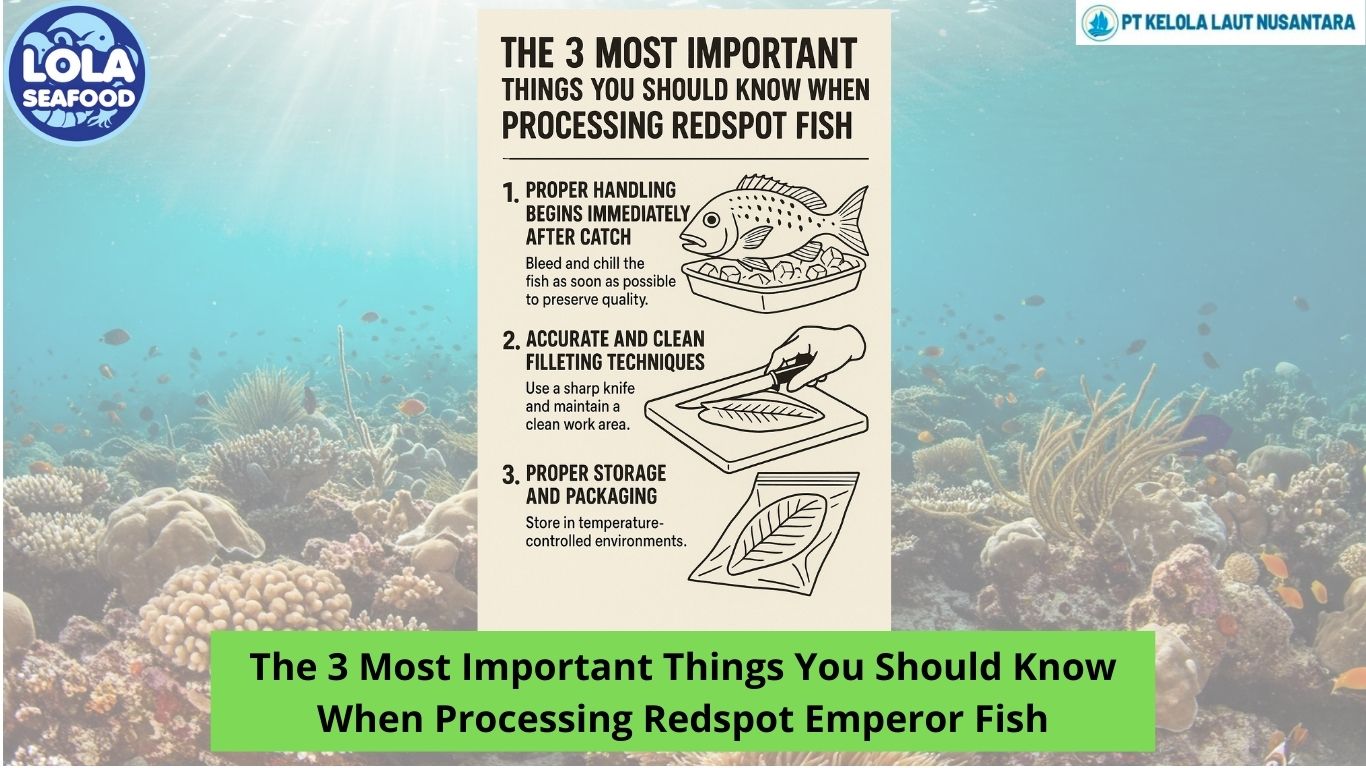Here Are The Understanding Taxes in Sole Proprietorship: Obligations and Deductions
By. Lutfi - 30 Dec 2024.png)
kelolalaut.com Sole proprietorship is one of the most common forms of business, especially for small entrepreneurs. Although it is easy to establish and manage, owners of this type of business have significant tax responsibilities. This article will discuss the various types of taxes imposed on business owners, tax reporting obligations, and the tax deductions that can be utilized.
A. Types of Taxes Imposed on Business Owners
- Income Tax:
- Income from the business is considered personal income. Owners must report all income generated from the business on their personal tax return.
- The tax rate applied depends on the total income and can vary based on tax brackets.
- Self-Employment Tax:
- This tax is imposed on the net profit from the business and includes contributions to Social Security and Medicare.
- Owners must calculate self-employment tax using Form SE and report it along with their annual tax return.
- Value Added Tax (VAT):
- If the business income exceeds a certain threshold, the owner must register for VAT and charge this tax on the sale of goods or services.
- Owners can claim back VAT paid on purchases as a tax credit.
B. Tax Reporting Obligations
- Annual Tax Return:
- Business owners must file an annual tax return, typically using Form 1040 and Schedule C to report profit or loss from the business.
- It is important to keep accurate records of all income and expenses.
- Estimated Tax Payments:
- If the estimated tax owed exceeds a certain amount, the owner may need to make estimated tax payments quarterly.
- These payments help avoid penalties and interest that may arise from late payments.
C. Available Tax Deductions
- Business Expenses:
- Owners can deduct various expenses related to running the business, such as rent, utilities, employee wages, and marketing costs.
- These deductions can significantly reduce the tax owed.
- Health Insurance Deductions:
- Health insurance costs paid by the owner can be deducted from personal income tax, helping to reduce the overall tax burden.
- Depreciation of Assets:
- Owners can claim depreciation for assets used in the business, such as equipment and vehicles, which can reduce taxable income.
Conclusion
Understanding tax obligations and available deductions is crucial for business owners in sole proprietorships. With proper planning and a good understanding of taxes, owners can manage their finances more effectively and minimize their tax liabilities. It is advisable to consult with an accountant or tax advisor to ensure compliance and take advantage of all possible deductions.
If you are interested in our Coral Trout Whole Round/ Coral Trout Fillet Skinless/ Coral Trout Fillet Skin On please do not hesitate to contact us through email and/or whatsapp

.jpg)
.jpg)
.jpg)




